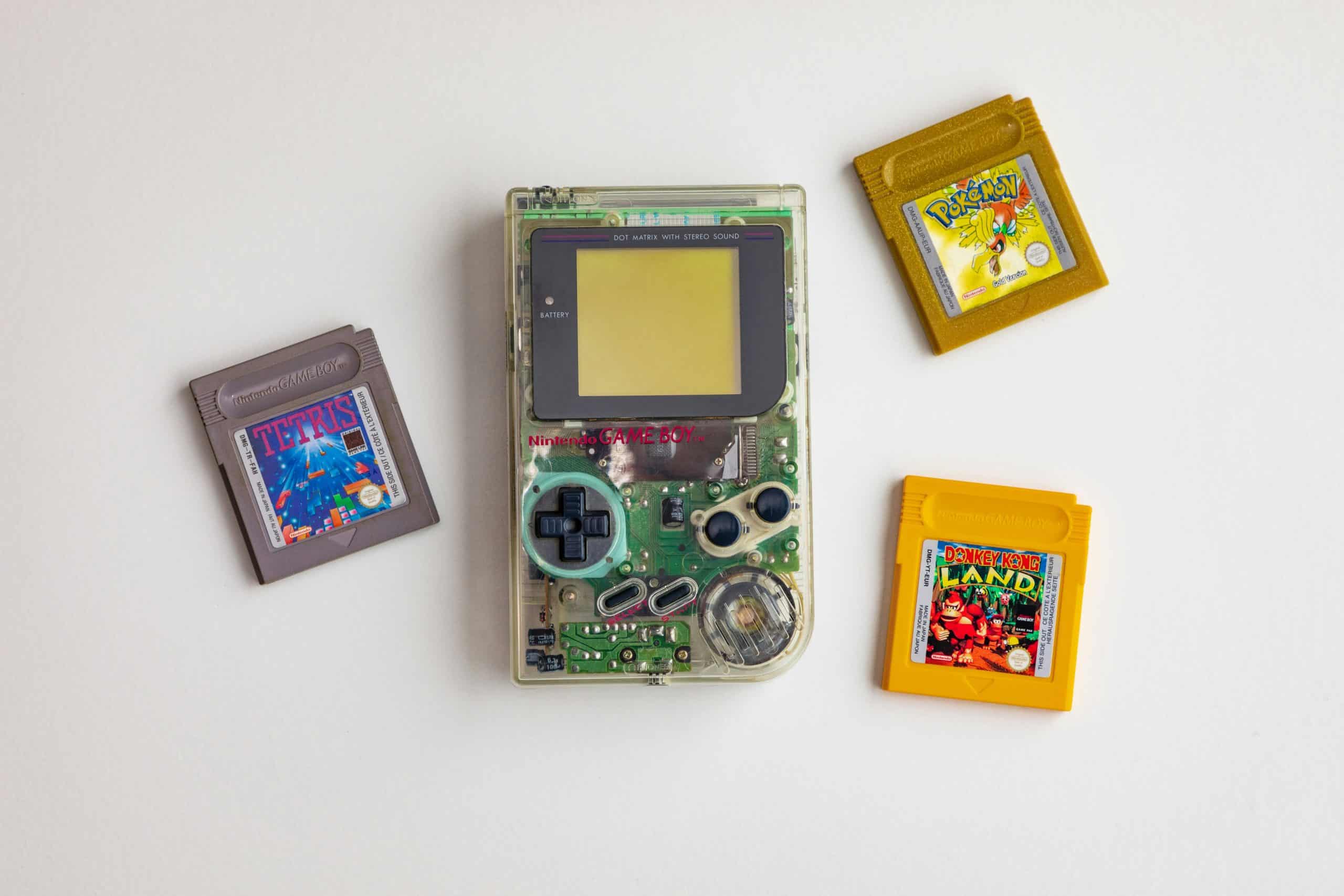There are all kinds of areas of life where music serves a vital purpose, but the one we’re going to look at today is video gaming. Whether it’s part of the score of the video game itself, or a way of bringing together a group of gaming enthusiasts, there are a bunch of reasons why music is important in video gaming culture. Let’s take a look at some of them.
Emotional Engagement
One of the most important purposes that music serves within video games is helping us engage emotionally with what’s happening in the storyline. Often there’ll be a triumphant cacophony of trumpets to accomplish a major victory, while somber strings underscore the tragic moments. When done well, they blend into the background, not sticking out for what they are, but helping to accompany the overarching emotion of that particular section. Halo is a series that’s absolutely mastered this. Their soundtracks on their own are works of art, but next time you play the game, make a note of any particularly emotional moments and see what’s going on in terms of melody. You’ll be amazed at the scale and detail of the scores in this game.
Aiding Concentration
Video game scores are definitely a fascinating area to look into – and we’ll be sure to get back to them. However, outside of the video game itself, music can still play an essential role. Music is also super important when it comes to concentration. In this article about preparing for a poker tournament, bringing along headphones to allow yourself to get ‘in the zone’ ahead of the tournament is one of the key suggestions. This shows that, as well as helping to delineate those emotional moments in a game, music can help you to get in the zone in those games that you really need to stay sharp for.
Cueing Gameplay Mechanics
Back to the role of music in video games and this is another mechanism that, if done well, you probably won’t notice. Music often serves as a cue for what’s to come next. For example, if you’re pottering along quite happily and then the music takes a turn – like in the Pokémon series – then you know that you’re about to enter a battle scenario. This use of music gives you a little forewarning, allowing you to grip your controller more tightly and prepare for chaos. Of course, it’s not only used for battling. In Super Mario, the tempo change in music indicates that a timer is running out. Some people enjoy the warning; other people feel unimaginable tension as the music speeds up.

Identity
Next up is an important one. Many video gamers will have one game in particular that resonates with them on an almost spiritual level. They feel connected to the storyline, the characters, or it could simply be a game that was important to them in their past. Often the score of the game is intertwined with this. They’ll hear the music and be transported back to the time in their life when they whiled away many summers playing it. Iconic themes from master scorers like those in The Legend of Zelda or Final Fantasy immediately transport us to another time. Knowing them and loving them gives us a way to identify with others who have the same feelings about those games. Despite some of these themes being into their fourth decade now, they remain as potent as ever.
Atmospheric Immersion
Finally, a point that applies largely to the more modern games. Huge open world maps can feel a little too vast nowadays. The likes of Skyrim and Red Dead Redemption have absolutely enormous worlds that it can be difficult to navigate. However, you might notice that the background music shifts when you move from one distinct area to another. This helps with atmospheric immersion, allowing us to feel each area of the map individually. Not only does this surprisingly help with navigation, but it’s also used to dramatic effect too. In Silent Hill, eerie music occurs during darker, more dangerous locations, helping us to feel a sense of unease. In Red Dead Redemption, more cheerful music begins as you enter the camp, helping you to feel at home in your environment.






